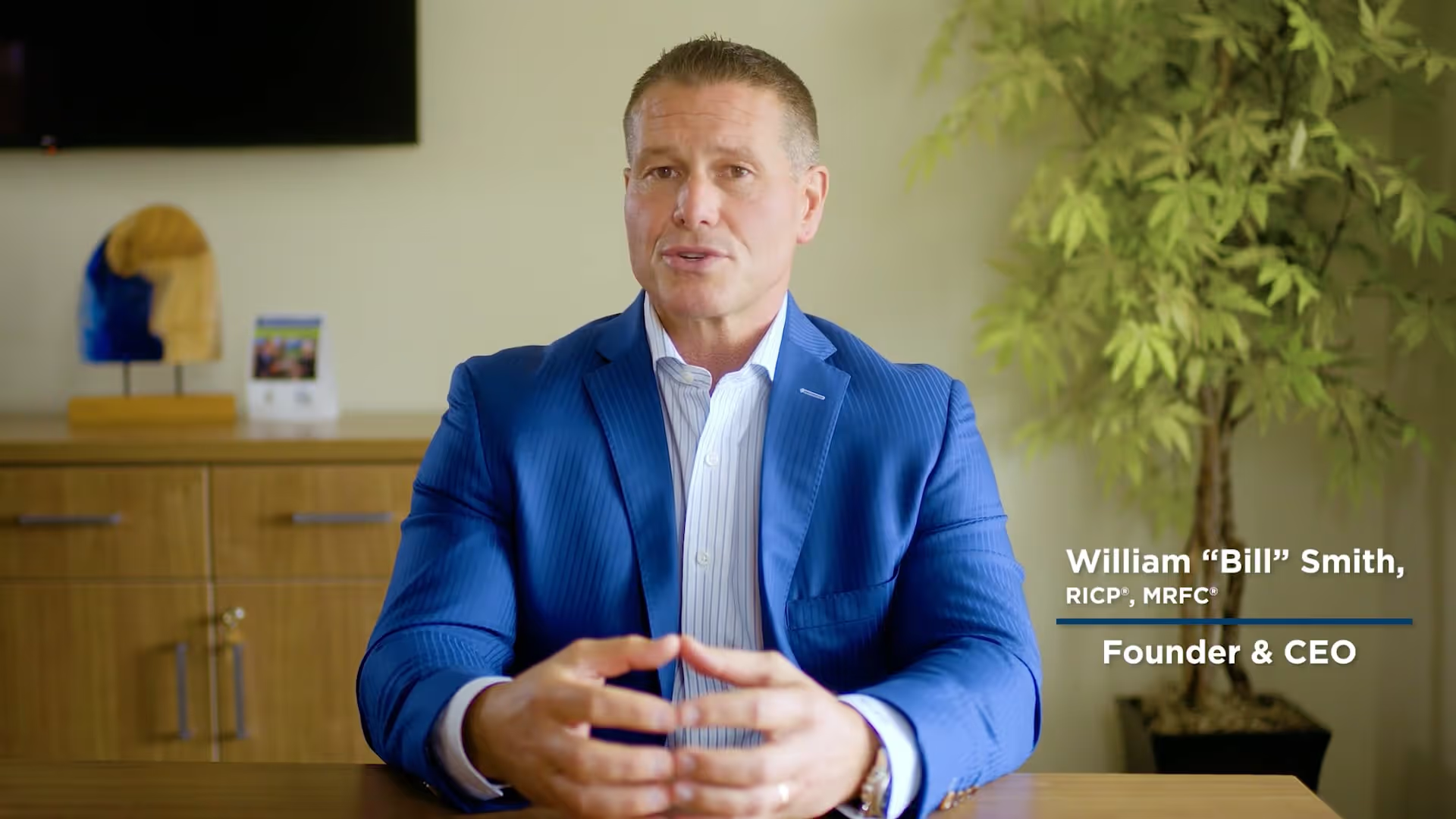
Our PhilosophyOur TeamServicesUpcoming Events.svg)

NEW
Resources
Resources
.svg)
NEW!
Stoplight Analysis
See where you stand for retirement in a few short minutes.

Free downloads
Explore the free downloadable resources to help stay educated.
Weekly newsletter
Join the Ascend360TM Insider community and recieve weekly insights.
Video content
Watch Retirement Solutions with Bill Smith and explore our YouTube content.
Customer stories
See what our clients have to say about W.A. Smith Financial Group

.avif)

